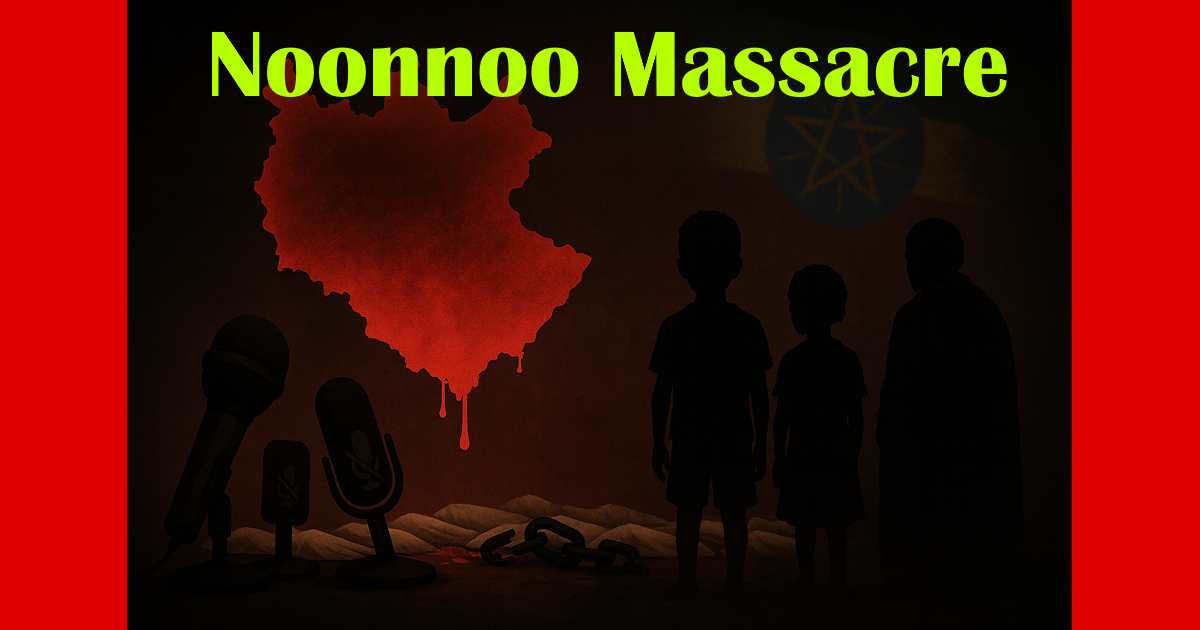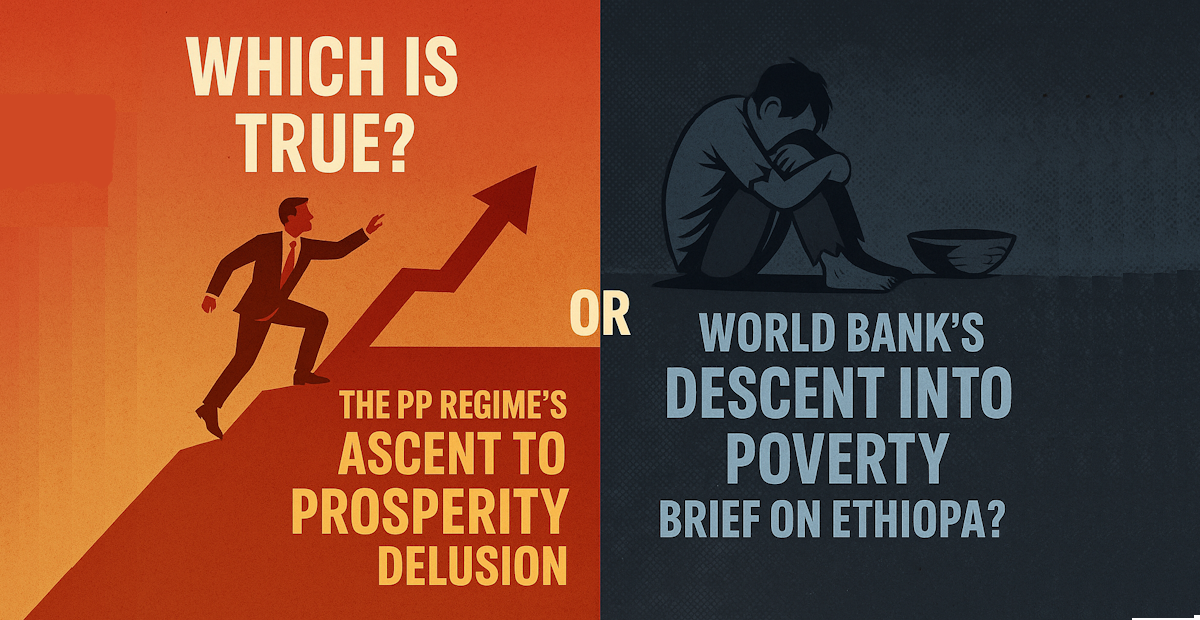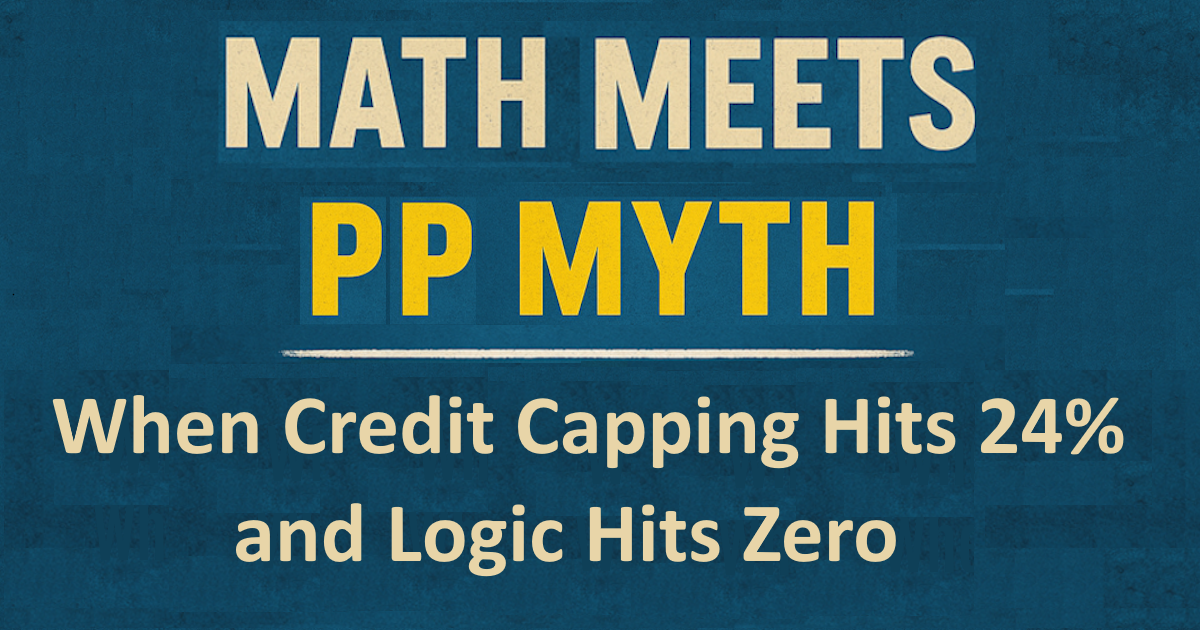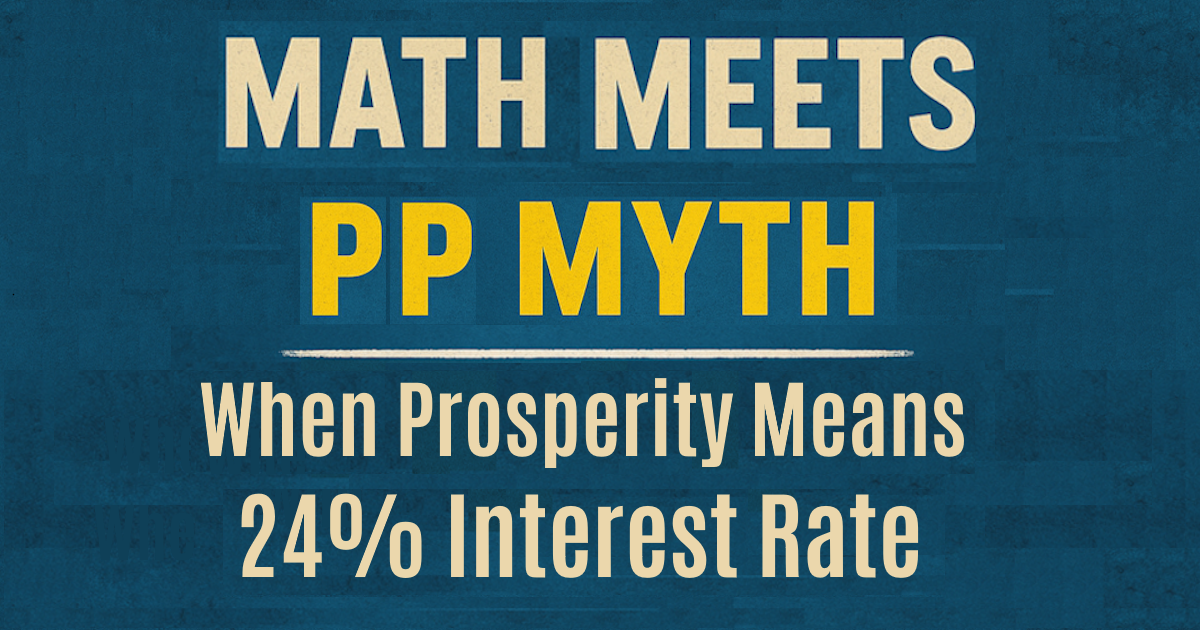When Public Funds Become Private Fortunes: Why Misusing Public Money Must Be a High Crime
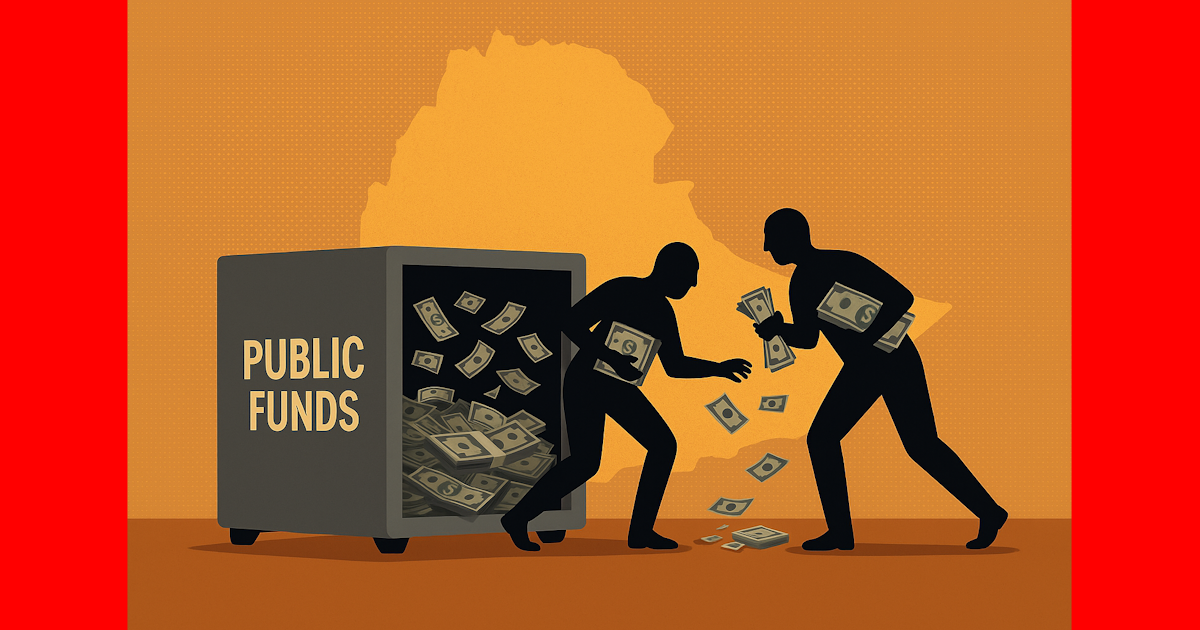
Excerpt:
While millions of Ethiopians suffer without basic services, the regime’s ruling elite continue to exploit public funds as if they were private fortunes. Lavish lifestyles, overseas treatments, fleets of gas-guzzling SUVs — all financed at the people’s expense. This article exposes the mechanisms of corruption, proposes a framework for restitution, and issues a warning: there will be no sunset clause for the theft of public funds.
Introduction: Ethiopia Is Bleeding—and the People Deserve Answers
In an empire where millions go to bed hungry and where access to clean water, education, and healthcare remains a dream for the majority, Ethiopia’s political elite continue to enjoy obscene privileges funded by public money. The cries of the suffering are drowned by the roar of motorcades and overseas flights booked in the name of official business but often serving private needs. This isn’t just about misplaced priorities; it’s about systemic betrayal.
It is time we confront the uncomfortable question: why is misusing or abusing public funds not treated as a serious criminal offense—worthy of condemnation, if not of capital-level accountability? As the empire bleeds internally from conflict, poverty, and injustice, this hemorrhaging of public resources by those entrusted with them is nothing short of a gross ethical disaster.
The Normalization of Corruption: A Dangerous Precedent
Ethiopia’s ruling class has long operated under the assumption that public funds are theirs to spend at will. It is becoming shockingly common to hear of officials in high office using taxpayer money for personal gain—flying abroad for medical treatment, sending their children to foreign schools, or enjoying luxury lifestyles that no official salary could possibly justify. And yet, this is increasingly seen not as scandalous, but as routine.
Take, for instance, the recent case of the Mayor of Finfinnee (Addis Ababa), reportedly in the United States for medical treatment. Questions abound: is she using public funds for this? Who authorized it? If not directly from public funds, and official income doesn’t justify the total expense, where did the funds come from? And how many others in the political class have dipped into the public purse for private health care, private education, or pleasure trips under the guise of official duty? Where is the transparency? Where is the accountability?
A Culture of Lavish Entitlement
Government ministers in Ethiopia are entitled to free housing and multiple government-provided vehicles—some reports mention up to five gas-guzzling V8 SUVs per official. This is not just excessive; it is obscene. While citizens line up for hours for fuel or struggle to afford basic necessities, these officials cruise in fleets more suited to monarchs than public servants.
Let’s be clear: public office is a position of responsibility, not a reward. While it is fair to ensure that officials can perform their duties effectively, the extent of the privileges granted is far beyond what is reasonable. In sensible democracies, even senior officials are expected to cover personal expenses such as their spouse’s grocery runs or their children’s school transport. If they could manage before taking office, why should the public bankroll their entire lifestyle now?
The Quiet Drain: Corruption in All Its Forms
And then there is the silent killer: corruption. While difficult to detect at the source, it leaves visible trails in the lives of the corrupt—the opulent homes, imported luxury goods, and overseas investments. The mismatch between official income and lifestyle is a glaring red flag.
To understand the breadth of this crisis, here are some well-known mechanisms of corruption that facilitate both direct and indirect financial gains:
Direct Financial Gains
- Bribery – the exchange of money for favors, permits, or protection. This category hides some of the highest-stakes transactions. Beneath its surface lies a vast web of influence — from minor shortcuts to major windfalls. For instance, securing a prime commercial location in an urban center can involve tens of millions in under-the-table deals, often brokered at the city mayoral level. The deeper irony is this: even ascending to such a mayoral position — an appointed rather than elected office — has itself reportedly required a buy-in of upwards of 5 million birr in larger cities, as of about five years ago.
- Kickbacks from Contractors – receiving a percentage of inflated public project fees.
- Fictitious Salaries – paying ghost employees or inflating payrolls.
- Double Dipping – drawing multiple salaries from various roles.
- Cyber Troll Payrolls – unjustified salaries for digital propaganda.
- Procurement Fraud – rigged contracts and inflated prices.
- Lavish Projects – funding unnecessary projects for profit.
- Extorting Business People – coercive cash extractions.
- Shareholding in Public Companies – using public money to acquire personal equity.
- Sham Projects for Pocketing Public Funds — Dairy farms announced for job creation where “cows were rented for the camera” on inauguration day; community water-well projects with tanks and taps installed but not a drop of water supplied; multimillion-birr school toilet projects where only a single cubicle stands as evidence — these are not exaggerations, but real and repeated examples of performative theft dressed as development.
Indirect Financial Gains
- Backdoor Deals – exclusive licenses/contracts without tender.
- Preferential Forex Access – profiting from currency manipulation.
- Resource Capture – monopolizing minerals or land.
- Land Grabbing – displacing citizens for resale or investment.
- Tax Exemptions – selective tax avoidance for the elite.
- Lavish Lifestyle – unjustified perks and spending.
- Overseas Education – using public money for family schooling.
- Extorting Shareholding – forced equity transfers under duress.
Institutionalized Enrichment
- Crony Appointments – placing allies in key revenue roles.
- State Asset Stripping – selling public assets to insiders.
- PR Budget Abuse – siphoning money via inflated PR campaigns.
How to Deal with Corruption of Public Funds
As an axiom, as a premise, there must be justice. That justice must be logical, reasonable, and rational. It must also be restorative, especially in a scenario where public funds are not just monetary abstractions but the very lifeline for health, education, livelihoods, and peace.
It is often argued that corruption is hard to prove in court, but justice must not cower behind technicalities. While we may not always catch the act in progress, we can—and must—hold public servants accountable through forensic lifestyle auditing.
One rational principle should be this: if your lifestyle exceeds what your official income can support—even with generous assumptions like savings and interest accrued—then the burden is on you to prove its legality. If you cannot, you must be made to return the difference to the public coffers.
This isn’t vengeance; it’s accountability. And it’s not even new. Anti-corruption courts in countries like South Korea and Singapore, as well as emerging transparency models in places like Rwanda and Botswana, apply this principle. Let actuaries, forensic accountants, and investigators do the math—but let there be no escape clause.
A civil servant or politician living in a multi-million birr mansion, owning foreign assets, or sending children abroad while earning a public salary must justify how this lifestyle is financed. In the absence of convincing evidence, all ill-gotten gains—assets, land titles, investments—should be repossessed and returned to the state.
It is time to stop pretending we don’t see what we see. Ethiopia is bleeding not only from external pressures and internal conflict but from the unchecked hemorrhage of its resources into the hands of the few. If justice is to mean anything, it must begin by holding the highest offices to the highest standards.
The Corruption Ecosystem: Actors and Enablers
This initiative may well be regarded as an early attempt to address the entrenched scourge that continues to debilitate the empire—an entity we hesitate to call a country, for it has long failed to represent its peoples justly or equitably.
What we propose here encompasses all corrupt officials—politicians, military officers, and civil servants—who have enriched themselves through various unethical or illegal means.
But it does not stop there. Corruption is not confined to officials alone. Businesspeople, individuals working in key public service sectors such as land administration and inland revenue, as well as members of the diaspora entangled in patronage networks, are all subject to this scrutiny. Their roles, often cloaked in technocracy or nationalist rhetoric, have made them no less complicit in the empire’s machinery of plunder of public funds.
Businesspeople:
Their lifestyles must be assessed in direct proportion to their declared business revenues and the taxes they have paid to the public treasury. Far too often, corrupt business actors benefit from unjustifiable tax exemptions, gain privileged access to foreign currency, or acquire land intended for development — only to rezone or flip it for private windfall profits. This is not enterprise; it is opportunistic extraction, facilitated by proximity to power. The complicity between wealth and political access has added both depth and breadth to the corruption epidemic, enabling what should be productive capital to mutate into an instrument of elite enrichment at the expense of public funds.
Individuals in Public Services:
Corruption thrives where bureaucratic discretion meets weak oversight. In urban land administration, permits, property titles, and cadastral maps are often exchanged for bribes that can exceed 200,000 birr — sometimes more. In inland revenue offices, tax officers exploit estimate-based assessments to inflate liabilities, only to “settle” for a bribe far below the inflated figure, pocketing the share of the difference. These practices are not isolated incidents but structural flaws. What appears as mere inefficiency is, upon deeper forensic accounting, a network of illicit gain — a can of worms waiting to be opened by any sincere audit.
Diaspora in Corruption:
A new and particularly insidious form of corruption has emerged in recent years, targeting the diaspora. In exchange for public expressions of loyalty or muted complicity, certain individuals are granted free rural or urban land — gifts masked as investment incentives or patriotic recognition. These offerings are not benign. They are often carved out of forcibly evicted communities, leaving shattered families behind. It is reported that up to 300 pseudo-regime agents are embedded in the United States alone, infiltrating diaspora community associations under the guise of activism while quietly executing regime-backed agendas — including sowing division along religious lines. Some, like Habtamu Lammu, have openly returned to Ethiopia to serve as mouthpieces for the regime, promoting propaganda with little attempt to conceal their affiliations. The diaspora elite, draped in nationalist prestige, enrich themselves not through productivity but through silent endorsement of authoritarianism. Their ill-gotten gains may span continents, but their moral footprint stains the very soil of the dispossessed.
Private Sector Corruption: Dressed as Progress
Did we say public funds? Yes—public funds is our theme but corruption knows no borders, and the private sector is far from immune. One especially lucrative avenue of corruption that has become near public knowledge in Ethiopia is technology procurement. Here, kickbacks are increasingly the norm among top decision-makers—particularly CEOs and IT directors. Private banks, for instance, have been known to squander tens—if not hundreds—of millions of birr on outdated legacy software from far-eastern vendors, often paying several times the fair market value simply to secure illicit kickbacks from the suppliers.
Experts we interviewed suggest that proper planning and investment, many of these imported software solutions could be developed locally, transforming the sector into a fertile ground for self-employment and innovation among young graduates. Closing this corruption loop could unleash a cascade of positive outcomes—stimulating local development, building technical capacity, and keeping capital circulating within the economy.
While this article focuses on the public sector, we share this research-based insight as a cautionary note: shareholders in the private sector must be equally vigilant. Corruption makes no distinction between government and business; it follows the scent of money, wherever it may lead.
This wide web of corruption demands more than outrage — it demands a structured, principled response. That’s what we now propose.
A Public Restitution Framework Proposal
In line with our broader call for justice and accountability, and as previewed in the excerpt above, we propose a practical framework for civil restitution of public wealth. While criminal liability remains vital, this model focuses on the recovery of funds and assets acquired through corruption—particularly when those responsible cannot adequately justify their lifestyle against known income. In many cases, pursuing restitution can offer a faster and more impactful route to financial justice, especially when criminal prosecution is delayed or obstructed.
Accountability Note: Recovering stolen public wealth is only one side of the justice coin. While this form addresses civil restitution, it does not preclude the full weight of criminal law where corruption has occurred.
Scope of Framework: This model is designed for the civil recovery of misappropriated public funds. It does not replace criminal proceedings, nor does it absolve individuals of legal or moral responsibility. Instead, it offers a structured, evidence-based path for identifying, quantifying, and reclaiming wealth that should have served the public good.
To support transparency and restitution, we propose a table-based assessment tool that allows lifestyle expenditures to be audited against verifiable income. This tool, available in the Appendix, is intended to help identify unjustified asset accumulation. It can be used by investigative bodies, public auditors, or even conscientious officials who wish to make amends.
The table is designed for easy replication in spreadsheet software such as Excel, Google Sheets, or LibreOffice. It promotes transparency, encourages honest disclosure, and guides the restitution of funds where no legitimate source of income can be established.
Conclusion: A Line in the Sand
We offer this framework not as a final verdict, but as the first step toward collective moral repair. If today’s regime chooses impunity, tomorrow’s just government will not.
Make no mistake: if the current regime continues to turn a blind eye, a responsible government of the future may well adopt this document as a blueprint to hold corrupt individuals to account.
And let it be known: there will be no sunset clause, no expiration date, no forgetting.
This is not merely about numbers and audits — it’s about reclaiming what was stolen from the people: their futures, their dignity, their hope. Justice delayed must not become justice denied.
Let this stand as a living document — a seed of institutional memory, and a marker of reckoning yet to come.
Epilogue: In Devotion to Oromia
Let no one be mistaken. If the recurring term in this article gives the wrong impression, it is not out of allegiance to Ethiopianism — far from it. Our devotion is, and always has been, to the dignity, freedom, and flourishing of Oromia. We are not Ethiopianists, and we do not aspire to salvage a crumbling empire built on conquest, deception, and sustained oppression.
The corruption we expose here is not a matter of one region, ethnicity, or office. It is an imperial design — a deeply embedded system of exploitation that spans from the high seats of political power to the lowest administrative outposts. Corruption, injustice, and maladministration are not regional disorders; they are the lifeblood of the empire itself. And so, to diagnose the rot honestly is to confront the entire edifice. Our reference to Ethiopia was therefore unavoidable.
We look ahead to a future where these practices — this institutional theft, betrayal of duty, and systemic denial of justice — are not merely documented but dismantled. A time when the freedom of all oppressed nations — Oromo and beyond — paves the way for futures brighter than even our ancestors could have imagined.
We envision a free Oromia, governed not by autocrats, militarism, or monarchy, but by the democratic ethos of the Gadaa system — time-bound, rotational, inclusive, and ethically grounded in collective accountability. Zero tolerance for corruption will not just be our commitment — it will be our covenant with the people. Under a truly Gadaa-inspired system, leadership is a trust, not a privilege. Those who betray that trust by looting the public will face not protection, but prosecution. In the Oromia we envision, accountability will not be optional — it will be foundational.
Let that be our guiding star.
Let the empire decay under the weight of its own lies.
But let Oromia rise — free, just, and whole.
References
-
- Ethio Forum DocuNews, 17 May 2025.
- “Justice Department Returns Forfeited Assets Derived from Public Corruption Scheme to Korean Minister of Justice.”, FBI, 2015.
- “Search for S. Korean official’s secret funds leads to O.C.”, 24 April 2014, Los Angeles Times.
- “Status of Assets Recovery in Rwanda.” Transparency International Rwanda, 2018.
- Malkkaa Beenyaa, Amorelite: An Illuminating Word We Didn’t Know We Needed, 10 May 2025, OROMIA TODAY.
- Kumaa Dhaadhii, Ten Things the PP Government Has Done—and You Might Not Even Know, 25 January 2025, OROMIA TODAY.
- Editorial, Oromia’s Endemic Corruption is Set to Impoverish the Already Poor Farmers, 20 January 2023, OROMIA TODAY.
Appendix:
OROMIA TODAY Public Restitution Assessment Form (OTP-RAF)
| Asset/Expenditure Category | Estimated Market Value (ETB) | Justification Provided? | Verified Income Source? | Excess to be Reimbursed |
|---|---|---|---|---|
| Primary Residence (Local) | ||||
| Secondary/Additional Properties | ||||
| Properties Held Abroad | ||||
| Vehicle(s) – Local | ||||
| Vehicle(s) – International Registration | ||||
| Equity in Private Companies (Local) | ||||
| Equity in Foreign Companies | ||||
| Cash Deposits (Domestic Banks) | ||||
| Offshore Accounts | ||||
| Tuition Fees Paid for Children Abroad | ||||
| Foreign Travel (Tickets and Subsistence) | ||||
| Medical Services Accessed Abroad | ||||
| Extended Family Properties (Proxy Ownership) | ||||
| Luxury Items (Jewelry, Watches, Art) | ||||
| Domestic Business Interests | ||||
| Foreign Business Interests | ||||
| Other (Specify) |
Note: This form is a living document and will be continuously improved. Please check back regularly for updated versions.


